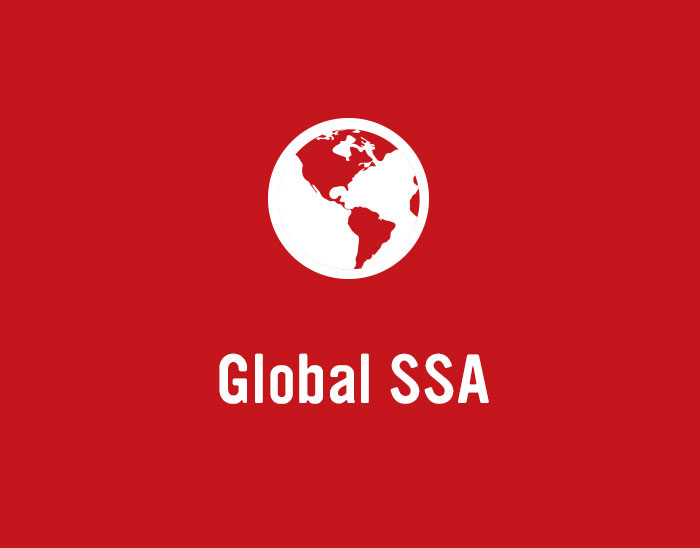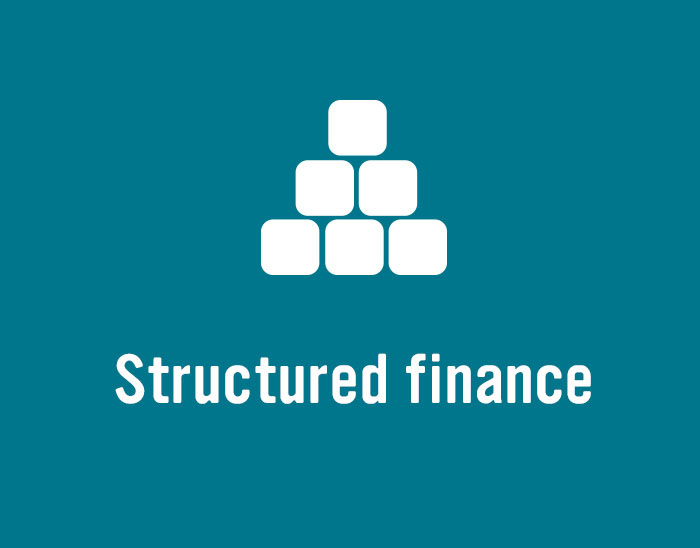
News

Participants in the sustainable-debt space say the launch of green-loan principles (GLPs) could be another evolutionary step in sustainable funding. By standardising and codifying what qualifies as green bank lending, the GLPs could make sustainable finance relevant to a wider cohort of borrowers as well as help identify assets to support future green-bond issuance.

The Australian dollar market has picked up its game when it comes to bringing together debt capital and investment-grade borrowers. The gradual emergence of a private debt market suggests that, in time, the same might be true for a bigger group of corporate borrowers outside the benchmark arena.

Last year was the most positive for Australia’s corporate bond market since its previous purple patch around 2012. But some corporate names that issued half a decade ago are yet to take advantage of the renewed good conditions. KangaNews asked a handful of these issuers why not.

The largest transaction to price in Australia during the first few days of May was a A$2.55 billion (US$1.9 billion) five-year fixed and floating deal for ANZ Banking Group. Aroundtown kept the corporate sector ticking over with a A$250 million debut Kangaroo and FlexiGroup included two green tranches in its latest asset-backed securities offering.

The biggest question for the Australian dollar corporate market after a record-breaking year for new issuance in 2017 was how resilient the developments that boosted the sector’s relevance to issuers would be to a market downturn. That downturn appears to be upon us, and the jury is still out on the extent to which the local issuance option will stand up.

Global capital markets face a range of geopolitical and economic challenges, the impacts of which continue to affect New Zealand. Participants at the KangaNews New Zealand Capital Markets Forum, which took place in Wellington in early March and was sponsored by ANZ, reflected on New Zealand’s challenges and opportunities in the changing environment.

On 4 May, Christchurch International Airport (Christchurch Airport) (BBB+/S&P) revealed plans for a NZ$75-100 million (US$52.8-70.4 million), six-year fixed-rate domestic deal, targeted at institutional and retail investors. The interest rate will be determined following a bookbuild, with the rate-set date expected to be 18 May.

Germany’s biggest federal-state agency issuers have taken a longstanding, strategic approach to building a presence in the Kangaroo market. This year the borrowers are likely to offer better relative value than ever, as the German sovereign and state issuers are forecasting declining debt-issuance tasks. In March, L-Bank convened a roundtable in Sydney with its dealers, local investors and its peer, NRW.BANK, to exchange information on the sector’s positive funding-profile trajectory and the state of market liquidity and relative value.

In March, for the first time, KangaNews hosted its Sustainable Debt Summit as a full-day event, reflecting the exponential growth in interest in environmental, social and governance (ESG) integration in the fixed-income universe. The sector is now much broader than green-bond issuance, as reflected in discussions at the KangaNews event.


